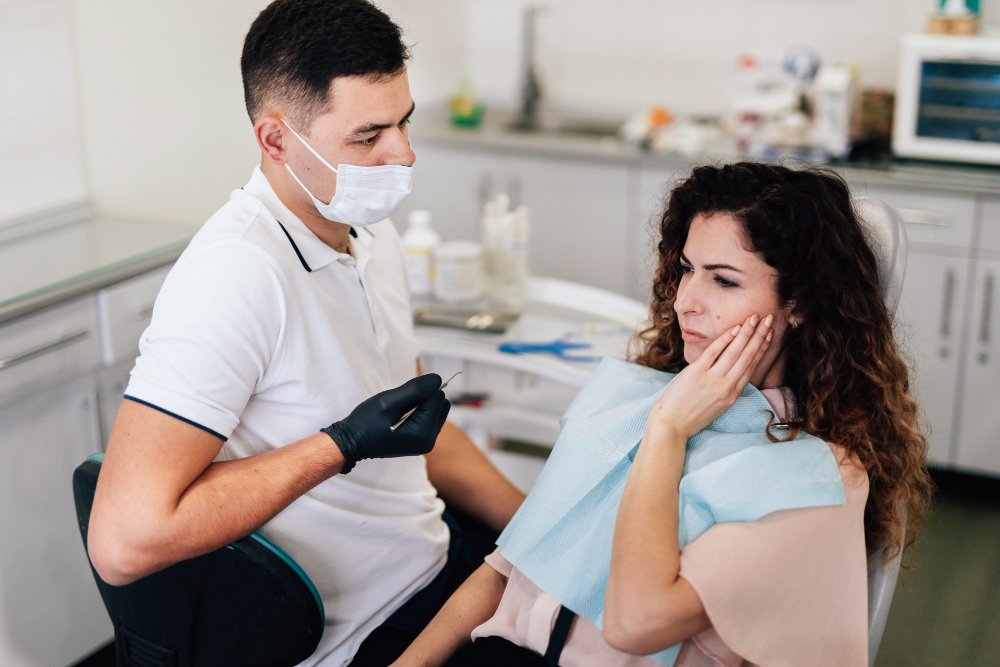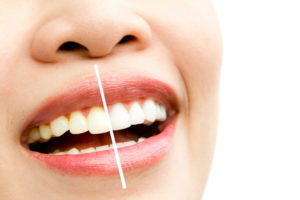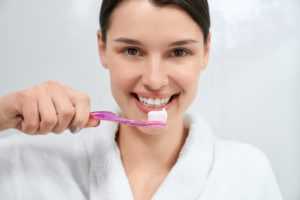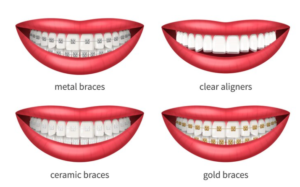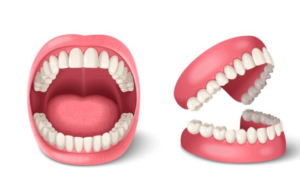Finding the right dentist in Bundoora for your family is an important decision that can influence your oral health for years to come. From routine check-ups and general dentistry to cosmetic treatments like teeth whitening, having a reliable dental clinic ensures every member of your household receives consistent, high-quality care. Long-term oral health is built on trust, experience, and a dental team that understands the needs of children, adults, and seniors alike.
At Greenwood Plenty Dental Care, families across Bundoora and surrounding suburbs seek comprehensive care delivered with professionalism and genuine compassion. Choosing the right dentist is not just about location; it’s about creating a lasting partnership that supports your wellbeing.
Look for a Family-Focused Approach

A dental clinic that treats patients of all ages offers convenience and continuity. Parents often prefer having one trusted clinic where children, teenagers, and adults can receive tailored care. A qualified kids dentist understands how to create a calm and positive experience for young patients, helping them develop healthy habits from an early age.
Children who feel comfortable at the dentist are more likely to continue attending regular check-ups into adulthood. A family-friendly environment reduces anxiety and builds confidence over time. Consistency in care also means your dentist can monitor changes in oral health as your child grows.
Consider the Range of Services Offered
Long-term oral health requires more than just cleanings. A well-equipped dental clinic should provide a wide variety of treatments to manage both routine and complex needs.
Preventive care such as scale and cleans forms the foundation of oral health. Restorative treatments address decay or damage. Cosmetic options enhance confidence. Having access to services such as fillings, crowns, implants, and orthodontic treatment under one roof simplifies the process.

If a dental infection develops, advanced procedures like root canal treatment should be available without the need for referrals elsewhere. Access to comprehensive services ensures your family can receive complete care in one convenient location.
Assess Emergency Dental Support
Dental emergencies can happen unexpectedly. Severe toothaches, broken teeth, swelling, or accidents require immediate attention. Choosing a clinic with a dedicated emergency dentist means your family will not have to search for urgent care during stressful situations.
Prompt emergency care can prevent complications and protect long-term oral health. A trusted dental clinic should provide clear guidance on how emergencies are handled and offer flexible appointment options for urgent cases.
Check Qualifications and Experience
Experience plays a major role in delivering quality care. Dentists who stay updated with modern techniques and continuing education provide more accurate diagnoses and comfortable treatment options.
If your family may need braces or bite correction, access to an experienced orthodontist within the clinic is beneficial. Orthodontic care improves alignment, function, and overall oral hygiene. Choosing a clinic that integrates orthodontics with general care ensures smooth communication and coordinated treatment plans.
Evaluate Comfort and Communication
A welcoming atmosphere makes a significant difference in how patients feel about attending appointments. Staff who take time to explain procedures clearly help reduce anxiety and improve understanding.
Effective communication also builds trust. Your dentist should provide honest recommendations, discuss treatment options in detail, and answer questions patiently. Families benefit from a dental team that prioritises transparency and clarity.
Modern clinics often use digital X-rays and advanced technology to enhance accuracy and comfort. Technology alone is not enough; it must be combined with a caring and attentive approach.
Look for Preventive Focus
Prevention is the key to long-term oral health. Regular check-ups allow early detection of issues such as decay, gum disease, and bite problems. Dentists who emphasise preventive care aim to minimise the need for invasive procedures later.
Professional cleaning removes plaque and tartar that cannot be eliminated through brushing alone. Dietary advice, fluoride treatments, and tailored hygiene instructions further support prevention.
Patients interested in improving the appearance of their smile may consider cosmetic options like teeth whitening, but this should always follow a thorough dental assessment to ensure overall oral health is stable.
Consider Location and Accessibility
Convenience matters for busy families. Choosing a dental clinic close to home, school, or work simplifies scheduling and encourages regular visits.
Accessible parking, public transport options, and flexible appointment times all contribute to a stress-free experience. Long-term oral health depends on consistent attendance, which becomes easier when the clinic fits naturally into your routine.
Understand the Importance of Personalised Treatment Plans
Every patient has unique needs. Some may require frequent cleans due to gum sensitivity, while others may need orthodontic monitoring or restorative work.
A personalised treatment plan ensures your family receives care tailored to individual circumstances. Rather than offering generic solutions, the right dentist evaluates your lifestyle, medical history, and goals before recommending treatment.
Children’s dental development differs from adult care. Teenagers may need orthodontic assessment. Adults might explore cosmetic improvements or restorative procedures. A clinic that adapts to each stage of life supports long-term results.
Seek Long-Term Partnership, Not Just Treatment
Choosing a dentist is about building an ongoing relationship. Regular visits allow your dental team to track changes in your oral health and provide early intervention when needed.
A consistent dental provider understands your history, previous treatments, and family dynamics. This familiarity enhances trust and allows more accurate monitoring over time.
At Greenwood Plenty Dental Care, families benefit from a comprehensive approach that focuses on prevention, education, and personalised support. Establishing a long-term partnership contributes significantly to maintaining strong teeth and healthy gums throughout life.
Read Reviews and Community Reputation
Community feedback often reflects the quality of service. Positive reviews highlight professionalism, friendliness, and reliability.
Word-of-mouth recommendations from neighbours, friends, and family can guide your decision. A dental clinic known for consistency and compassionate care often stands out within the local community.
Reputation is built over time through trust and successful outcomes.
Balance Cost with Quality
Affordable care is important, but quality should never be compromised. Transparent pricing and clear explanations of treatment costs allow families to plan confidently.
Health fund compatibility, payment options, and flexible scheduling contribute to a smoother experience. A trustworthy clinic will outline all available options before proceeding with treatment.
Supporting Your Family’s Oral Health Journey
Maintaining healthy teeth and gums requires collaboration between patients and dental professionals. Daily brushing, flossing, and mindful eating form the foundation, while regular professional care strengthens long-term results.
From early childhood to adulthood, each stage presents different oral health challenges. Selecting a dentist who understands these transitions ensures continuity and confidence.
A Trusted Choice for Bundoora Families
Choosing the right dentist is a decision that impacts your family’s wellbeing for years to come. A clinic offering comprehensive services, preventive focus, emergency support, and personalised care creates the ideal environment for long-term oral health.
Greenwood Plenty Dental Care provides families in Bundoora with professional dental services delivered in a supportive and welcoming setting. From routine check-ups to advanced procedures, every treatment is guided by experience and attention to detail.
To book an appointment for your family, call (03) 9466 7843 and begin your journey towards lasting oral health with a trusted local dental team.


